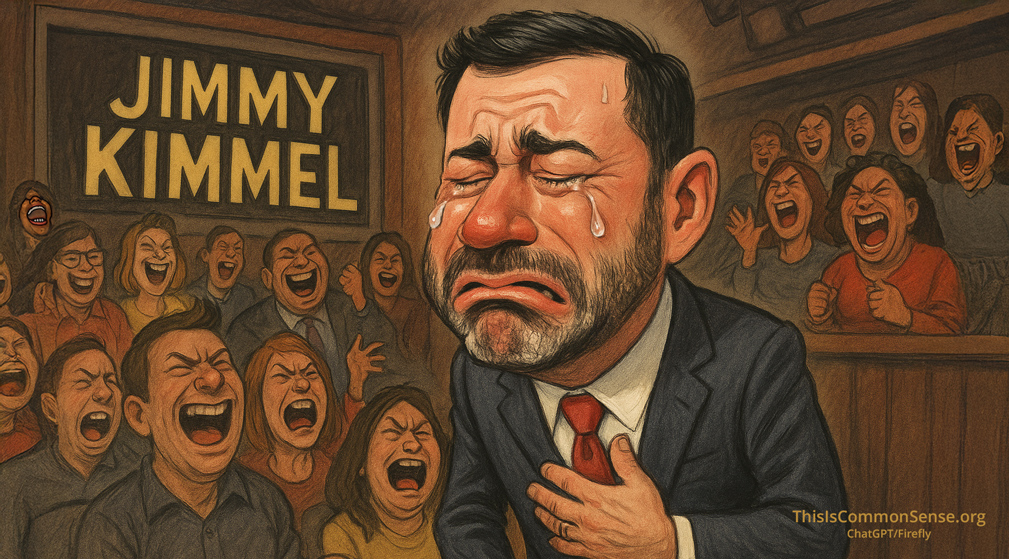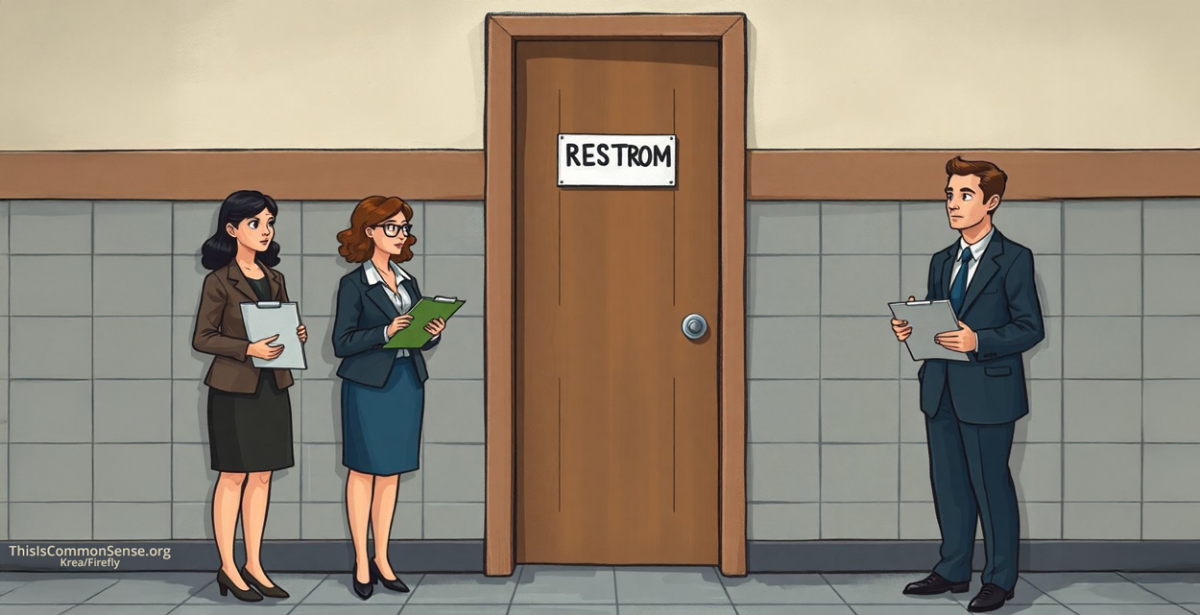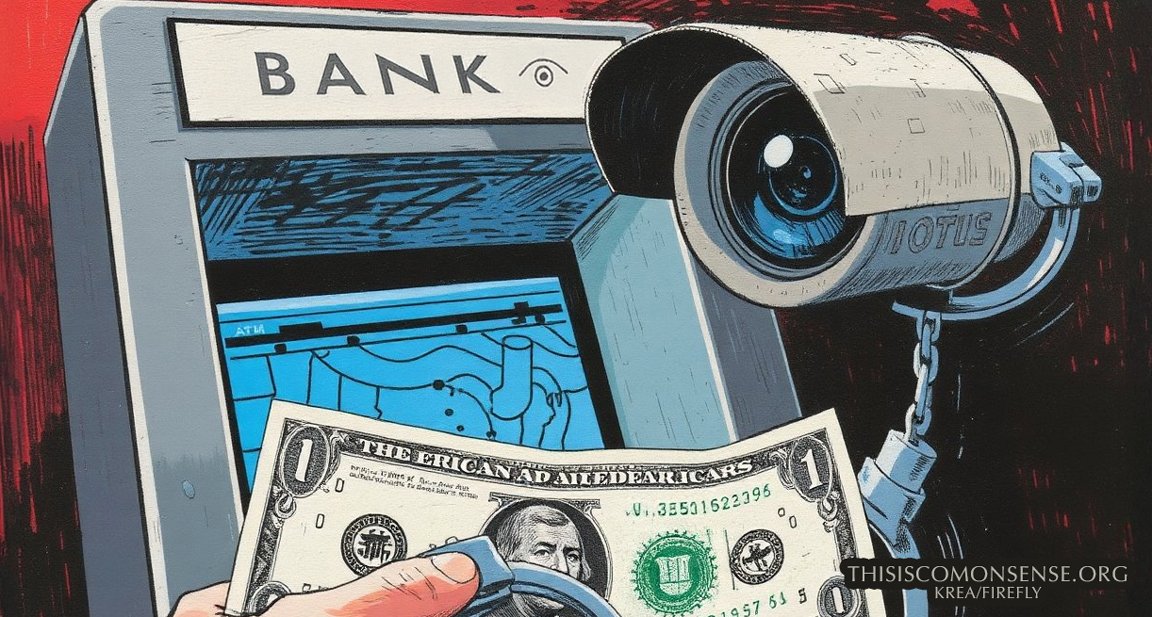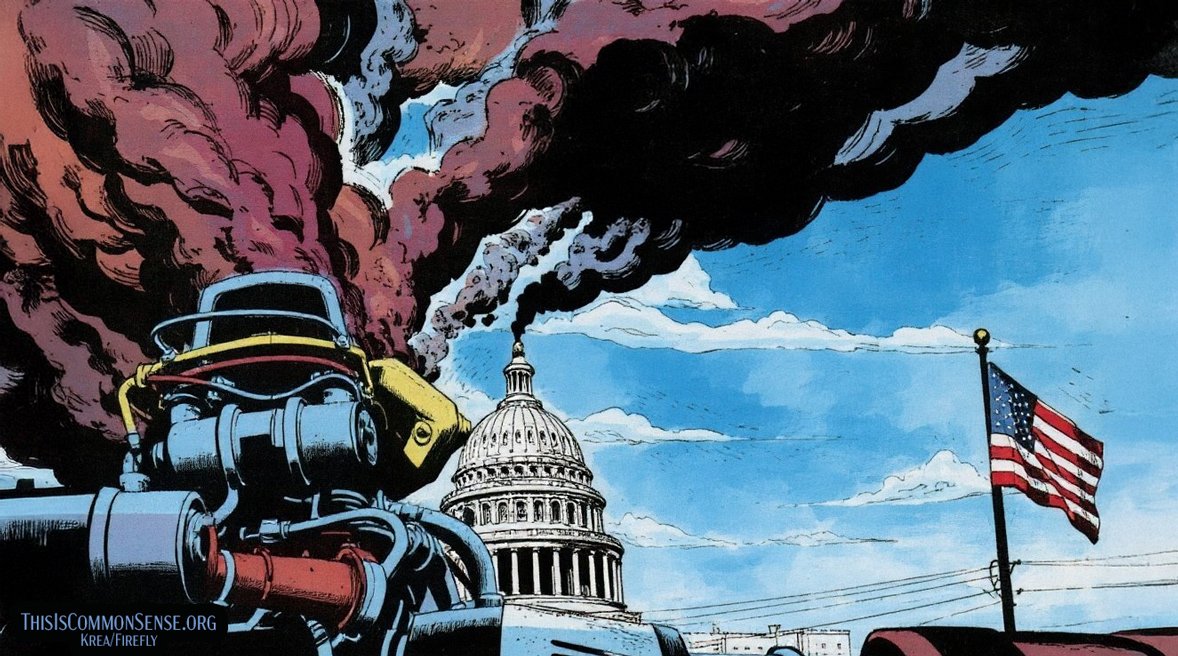Troy Lake, the mechanic who helped truckers and bus drivers keep their vehicles going by removing crippling emissions systems, paid the price — jailed for this “crime,” and also fined $52,000.
Prosecutors made an example out of the Wyoming fix-it man for following a practice that had become mandatory to keep rigs — in his case, at least 344 heavy-duty diesel trucks — on the road.
I’ve discussed his case, saying that President Trump should pardon him for this non-crime.
Though Troy Lake served about seven months in a federal prison, and he’s been out for a while, the conviction was still hanging over his head.
Now President Trump has indeed pardoned Mr. Lake.
He learned about it from a congratulatory voicemail left by U.S. Senator Cynthia Lummis, calling to “let you know how very sorry I am that this even happened to you guys but how delighted I am that the pardon has come through.”
“It’s great,” says 65-year-old Lake, who broke down after hearing the good word. “It’s news that, you know — I guess I look at it as, there are some good things that happen in the world.”
Troy and his wife, Holly, also tearfully relieved by the news, are grateful to Senator Lummis, Wyoming legislators, and others who went to bat for him.
About the environmental regulations that sent him to prison for helping diesel drivers survive, he says, “We need to sit down and think about a more logical way of doing it, not putting people out of work.”
Talk about an understatement.
This is Common Sense. I’m Paul Jacob.
Illustration created with Krea and Firefly
See all recent commentary
(simplified and organized)
See recent popular posts









